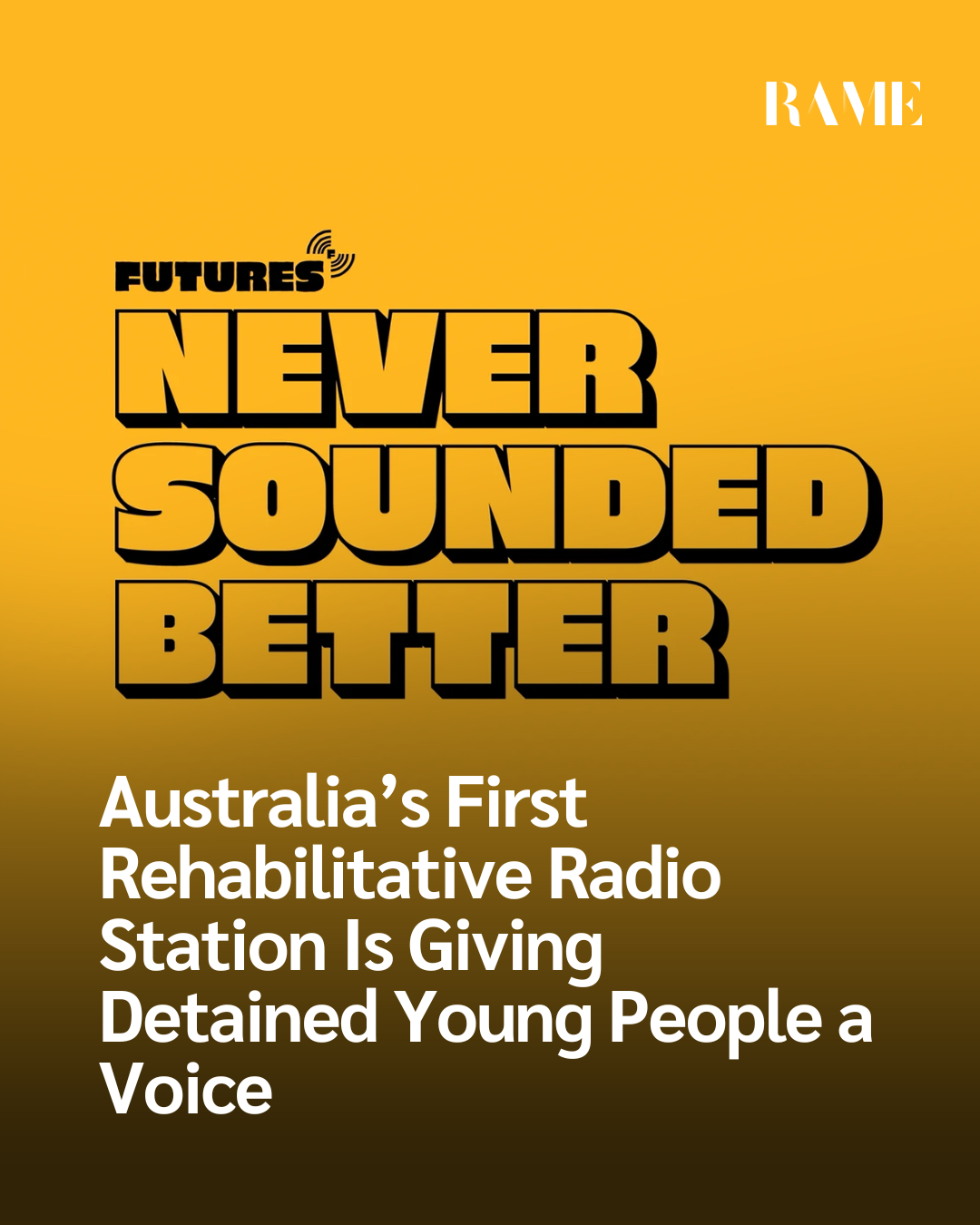Here’s the thing: every now and then, an idea lands that feels both simple and quietly revolutionary. That’s the case with Futures, Australia’s first rehabilitative radio station built specifically for young people in juvenile detention. On the surface, it sounds like a hip hop station. Underneath, it’s a full-scale program using music, mentorship and storytelling to help kids rewrite the trajectory of their lives.
A Radio Station With a Different Mission
Futures is the product of Musicians Making a Difference (MMAD) and creative studio Supermassive, developed with Youth Justice NSW. Instead of lectures or dry self-help modules, the team built something that actually fits the cultural world of its audience. The 24/7 broadcast runs through in-room audio, classrooms and common spaces, wrapping therapeutic ideas inside the rhythms and personalities of hip hop.
One of the programs, Friday Freestyle, hands young people beats and space to write their own lyrics. It works like journaling, just in a language they instinctively speak. Another segment, Cons and Pros, brings in former inmates who talk candidly about regret, resilience and the work of rebuilding a life. The goal is simple: help these young people feel seen, understood and capable of change.
Inside the Impact
MMAD co-founder Dominic Brook puts it plainly: music changes people. He’s watched kids who struggled with reading or speaking find confidence through participating in the station. One teenager even reached the top 20 of the MMAD Sony Star program right after his release, something Brook calls a direct outcome of Futures.
The results aren’t just anecdotal. Youth Justice staff describe the program as one of their most effective initiatives. A 12-month pilot at Cobham Youth Justice Centre produced enough momentum that the team now wants to take the model statewide and beyond. Long term, the hope is for former detainees to run the station themselves, turning a rehabilitative tool into a full circle opportunity.
Why It Works
Minister for Youth Justice Jihad Dib sees Futures as more than entertainment. In his view, it gives young people the chance to build self-esteem, develop communication skills and feel a sense of purpose. As he puts it, helping young people find their voice is one of the clearest ways to reduce the likelihood of reoffending.
Supermassive’s co-founder Jon Austin expands on that logic. Engagement, he says, isn’t complicated: people pay attention when a message shows up in a form they genuinely enjoy. The team initially hoped the station would earn an hour of listening per week. Current reports show an average of 14 hours.
What This Signals for Youth Justice
A program like this won’t fix the entire system, but it offers a glimpse into what a more humane, culturally attuned approach could look like. Futures treats young people as creators, not just inmates. It meets them where they are instead of trying to drag them into frameworks built without them.
The station is already helping kids reconnect with reading, writing and community. It’s introducing mentorship, creative outlets and conversations about mental health. And maybe most importantly, it’s showing that rehabilitation works best when the tools actually resonate with the lives of the people they’re meant to serve.
If the initiative continues to grow, it could become a blueprint for centres across the country. A future where young people in custody aren’t just completing programs, but actively shaping them, feels far more promising than sticking to the status quo.



